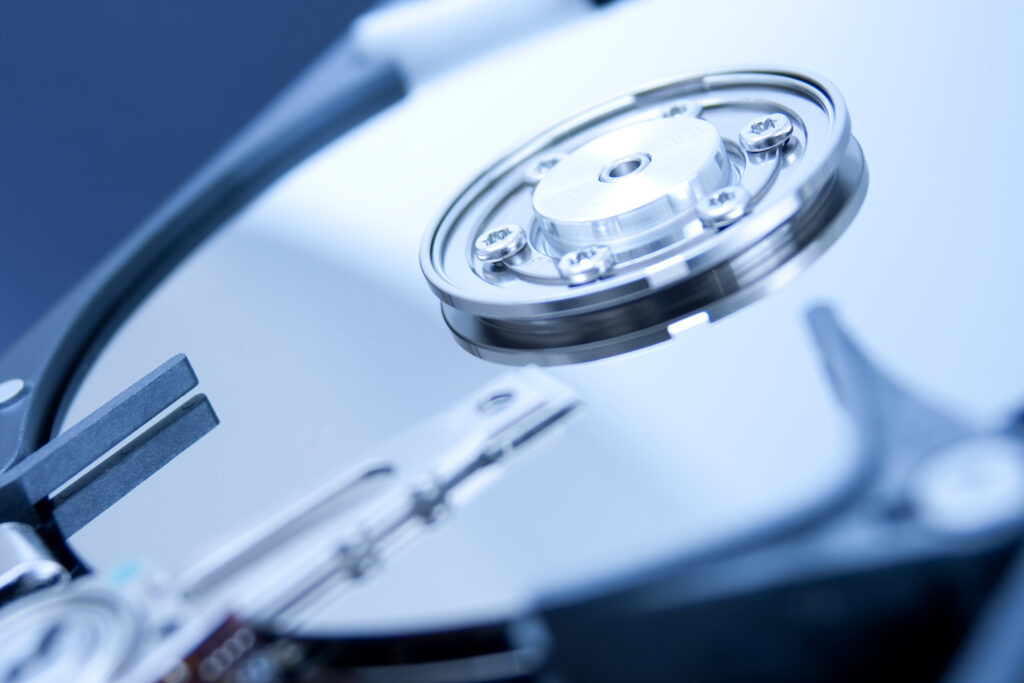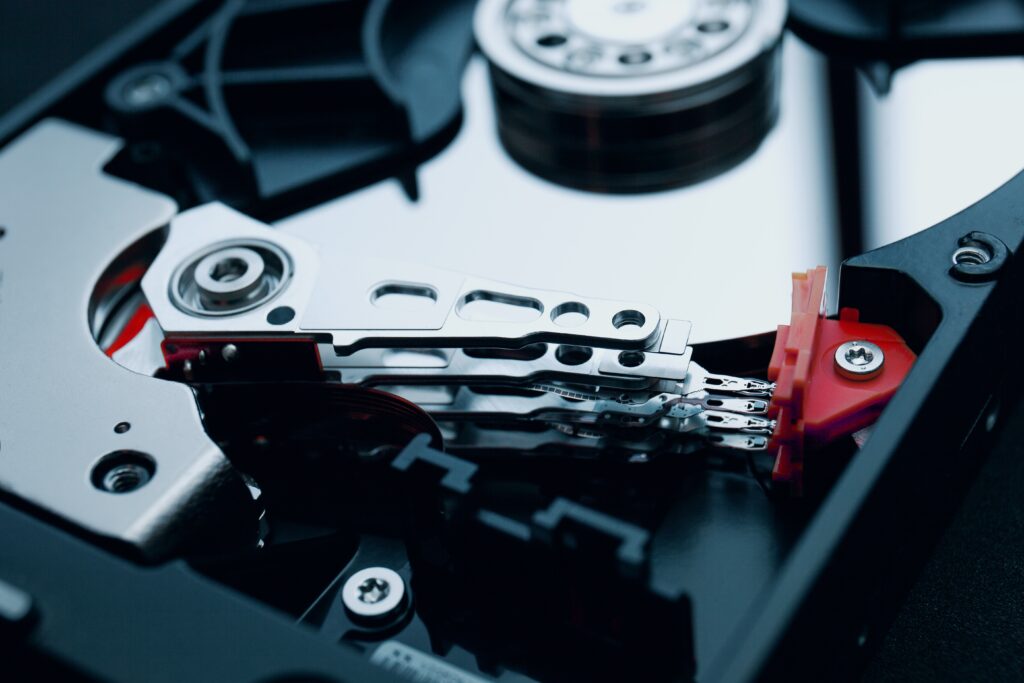Hard Drive Data Recovery
Data Recovery problems range from simple to ultra-difficult. Simpler problems that can be solved with generic software includes, deleted-files, corrupted file-systems, virus infections and minor bad media. Many computer shops offer ‘data-recovery’ for these non-intrusive situations. Alandata has invested in the tools and has the expertise to recover much more difficult problems.
Successful Hard Drive Data Recovery
Hard drive data recovery is a complex process that requires expertise and specialized tools. By understanding the common causes of failure and taking preventative measures, you can minimize the risk of data loss. In case of a failure, reaching out to experienced data recovery professionals is the best step you can take to ensure the successful retrieval of your valuable data. Remember, the sooner you act, the higher the chances of a successful recovery.
Don’t let a hard drive failure spell disaster for your data. Contact us today for expert data recovery services and let us help you regain access to your important files. Your data’s safety and recovery are our top priorities.
Hard drive data recovery specialists near you and here for you!
If you’ve experienced a hard drive failure, you’re in the right place. We understand the importance of your data, and our team of experts is here to guide you through the process of recovering your precious files. In this guide, we’ll cover everything you need to know about hard drive data recovery, from common causes of failure to the steps you can take to maximize the chances of successful recovery.
Understanding Hard Drive Failures
Common Causes of Hard Drive Failures
Hard drive failures can occur due to various reasons, and understanding these causes can help you prevent future issues. Some common causes include:
- Physical Damage: Accidental drops, impact, or exposure to extreme temperatures can lead to physical damage to the hard drive’s components.
- Mechanical Failures: Components such as the read/write heads, platters, or motor can malfunction, causing the drive to stop working.
- Electronic Failures: The circuitry on the hard drive’s PCB can fail, resulting in the drive not being recognized by the computer.
- Firmware Corruption: Issues with the drive’s firmware can prevent it from functioning properly.
- Logical Errors: Corruption of file systems, malware infections, or software issues can lead to data inaccessibility.
Signs of a Failing Hard Drive
It’s important to recognize the signs of a failing hard drive to take action promptly. Look out for:
- Strange Noises: Clicking, grinding, or whirring noises coming from the drive.
- Slow Performance: Applications taking longer to open or respond.
- Frequent Freezing: System freezes or crashes during regular tasks.
- Error Messages: Disk-related error messages indicating potential issues.
Steps to Maximize Successful Data Recovery
1. Cease Usage Immediately
If you suspect a hard drive failure, stop using the drive immediately. Continued use can worsen the damage and make data recovery more difficult.
2. Do Not DIY
While DIY data recovery tools are available, they can further damage the drive or result in permanent data loss. It’s best to seek professional help.
3. Contact Data Recovery Experts
Reach out to a reputable data recovery service as soon as possible. Experienced professionals have the necessary tools and expertise to recover data safely.
4. Diagnostic Evaluation
The data recovery team will perform a diagnostic evaluation to determine the extent of the damage and the potential for recovery.
5. Recovery Process
Upon evaluation, the experts will create a customized plan for data recovery. This may involve repairing the drive, extracting data, and transferring it to a secure location.
6. File Verification
After recovery, the team will verify the integrity of the recovered files to ensure they are complete and usable.
Alandata is an industry leader in data recovery
Data Recovery Due to Electronic failures.
- Boards on modern drives are programmed and tuned to each drive and can rarely be swapped in case of failure. We can often repair or reprogram bad boards.
Recovering Data from a Crashing yet partially accessible Hard Drive.
- We have invested in a sophisticated system that can copy crashing drives.
- With this copier we can copy the good platters and avoid the bad platter until last.
- If a single head is bad then we can copy all the good heads first and then rebuild the drive to get the last head.
- Even if a single platter cant be recovered then this will often give an %80 good recovery.
Service Area Corruption Data Recovery.
- The service area is a part of the disk drive that is inaccesible to the user but is critical for the drive to function.
- The service area has things like the bad block list, the voltages required to read and write, the firmware etc.
- The service area can only be accessed and analyzed using special sophisticated equipment.
- We invested in a $20,000 analyzer to diagnose and repair the SA
- Considearble experience and expertise is required to repair or bypass SA issues.
Replacing Failed Heads and Head Amplifier Chips to Recover Data.
- We have the expertise to locate and acquire matching parts
- We can rebuild a drive with good heads to recover the data.
Seized bearings.
- Modern drives use fluid dynamic bearings. These are solid bearings that spin on a molecular layer of oil.
- Dropping or bumping drives often results in seizure.
- We repair many seagates that have been seized.
- This repair requires a complete and difficult rebuild of the drive.
- This involves moving the heads and platters to a new good drive. Any dirt or microscopic misalignment of the parts will cause it to fail.



